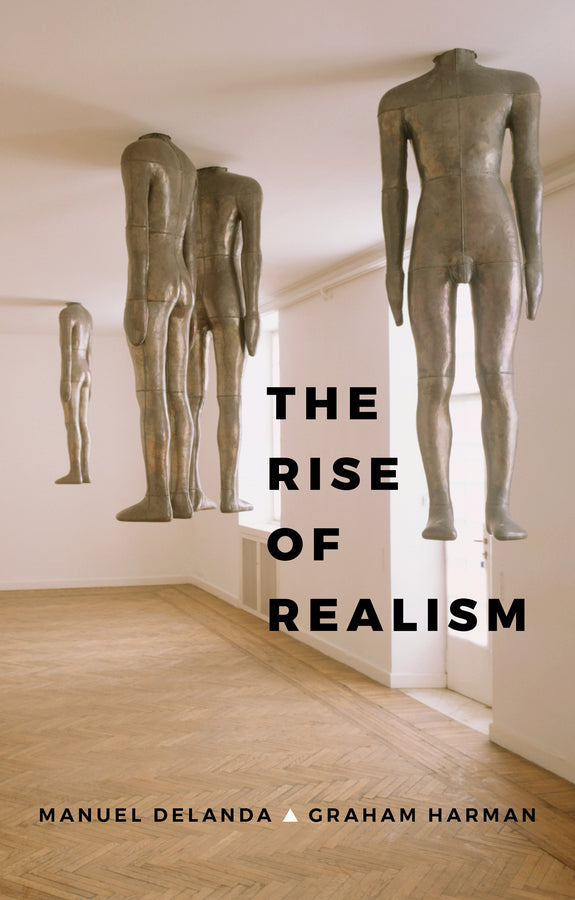Description
Discover the transformative insights of 'The Rise of Realism', a groundbreaking work that explores the evolution and significance of realism in contemporary continental philosophy. This enlightening book, penned by leading philosophers, delves into the resurgence of realism as a vital discourse, challenging the traditional dismissal of the concept within the continental tradition. With 240 pages of thought-provoking content, this book traces the intricate relationship between realism and materialism, offering a nuanced understanding of their interplay.
Delve into an accessible discussion that unveils various interpretations of realism, as the authors collaboratively refine the definition of this complex term. Engagingly written, 'The Rise of Realism' features a dynamic exchange between philosophers DeLanda and Harman, as they assess varying philosophies, including DeLanda's realism of attractors and Harman's object-oriented ontology.
The book further examines pressing questions regarding the knowability of reality through scientific lenses, making it an essential read for anyone passionate about philosophy, critical theory, and the ever-evolving discourse surrounding realism. Ideal for students, scholars, and philosophy enthusiasts, it offers valuable insights into modern philosophical debates and frameworks. Explore the best attempt to clarify the paths of realism and enhance your understanding of contemporary philosophical thought with this compelling addition to your library.
Delve into an accessible discussion that unveils various interpretations of realism, as the authors collaboratively refine the definition of this complex term. Engagingly written, 'The Rise of Realism' features a dynamic exchange between philosophers DeLanda and Harman, as they assess varying philosophies, including DeLanda's realism of attractors and Harman's object-oriented ontology.
The book further examines pressing questions regarding the knowability of reality through scientific lenses, making it an essential read for anyone passionate about philosophy, critical theory, and the ever-evolving discourse surrounding realism. Ideal for students, scholars, and philosophy enthusiasts, it offers valuable insights into modern philosophical debates and frameworks. Explore the best attempt to clarify the paths of realism and enhance your understanding of contemporary philosophical thought with this compelling addition to your library.

